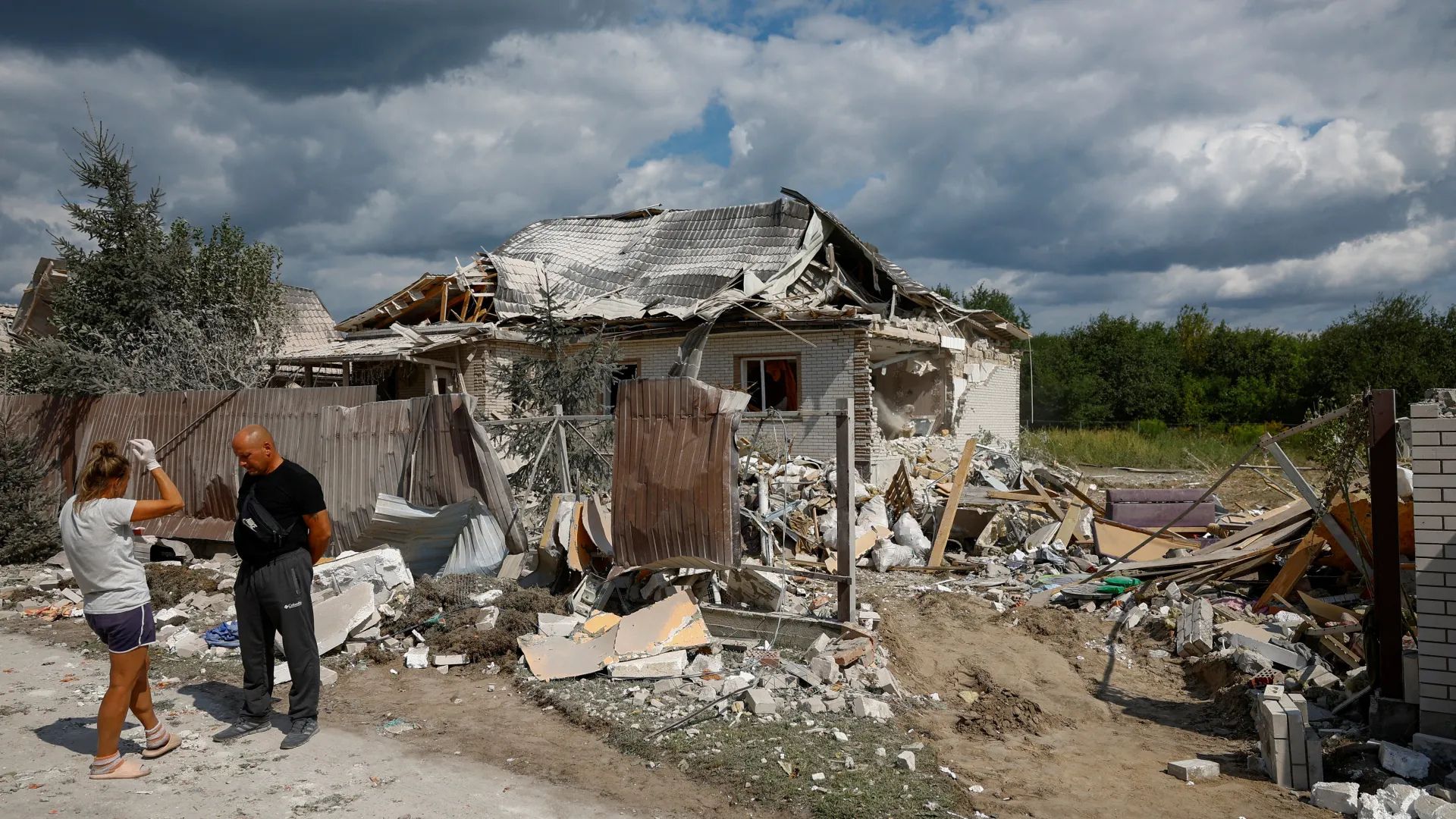
According to state media reports, China has detected its first monkeypox infection in a patient quarantined for Covid-19 in the southwestern city of Chongqing, but the risk of community transmission is low.
“The patient was an international arrival, and the monkeypox was discovered during Covid-19 quarantine,” according to the reports by health officials.
The patient’s details, including gender and age, have not been released, with authorities only stating that the individual had flown in from abroad.
As per the reports, “the patient is being treated in isolation at a designated hospital and is in a stable condition.”
“Experts concluded that the patient had been isolated in quarantine upon entry into Chongqing and had no record of social activities. The risk of … an epidemic is low,” the statement, as per SCMP, said.
The World Health Organization declared the monkeypox outbreak a global public health emergency on July 23 after cases were discovered in countries where the infection is not endemic, such as Europe and the United States.
According to a recent report, Hong Kong, which is governed by Beijing as a special administrative region, reported its first monkeypox case on September 6 in an international traveller flying from the Philippines.
Since the disease’s outbreak in other countries, Chinese officials have developed diagnostic and treatment guidelines, as well as prevention and control guidelines.
Chinese experts had previously told that it was only a matter of time before the mainland detected monkeypox cases, but that “…given the disease’s limited routes and speed of transmission, the disease is unlikely to cause major outbreaks.”















